Oh Leonard, how we miss you!! You lightened our days and emboldened our hearts.
When I’m feeling dark and depressed after plowing through the New York Times every morning, I often call out to Alexa, “Please play Leonard Cohen.”
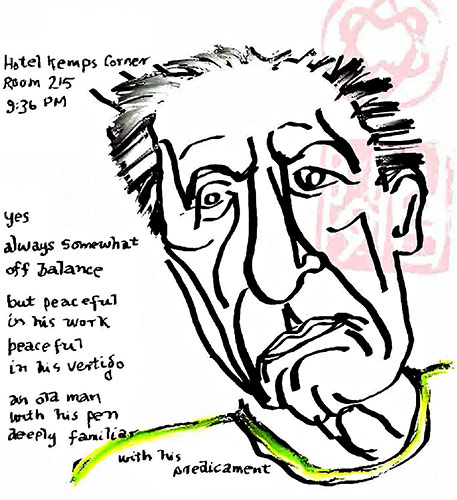
Last week, when I made my repetitive request, Alexa started the shuffle with “You Want It Darker.” Here are the opening lyrics:
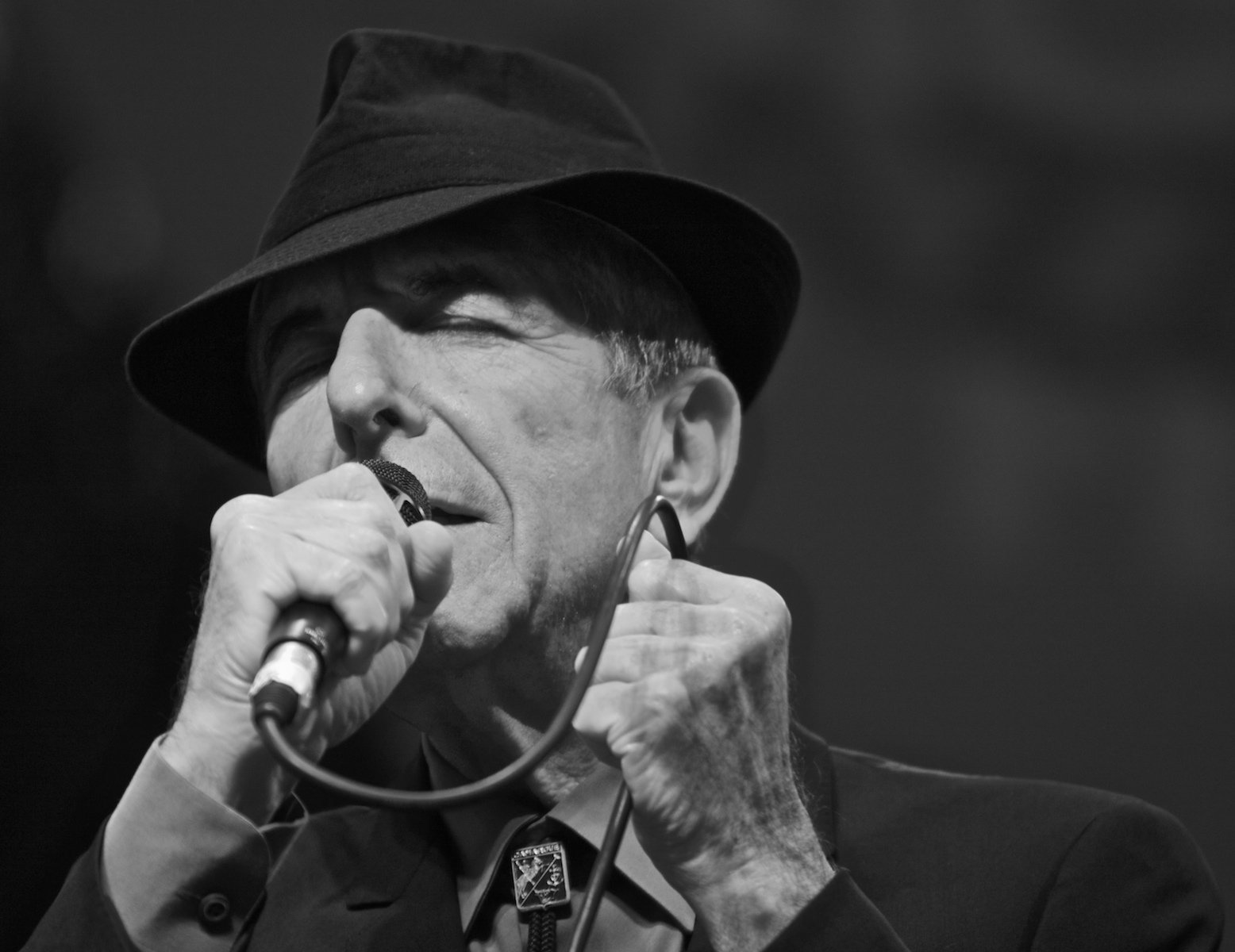
If you are the dealer, I’m out of the game
If you are the healer, it means I’m broken and lame
If thine is the glory then mine must be the shame
You want it darker, we kill the flame
Magnified, sanctified, be thy holy name
Vilified, crucified, in the human frame
A million candles burning for the help that never came
As it turns out, “You Want It Darker” was the last song Leonard Cohen wrote before his death on November 7, 2016—two days before he would have learned of the disastrous results of the 2016 presidential election.
Thank goodness, he never knew.
Not only did he release his last album three weeks before his death, he also published his last collection of poetry contained in his last book, The Flame. This book was his purpose in staying alive to see it to completion. His son, Adam, points out that his father’s recurring themes revolved around fire and flame. In The Flame, Cohen addresses considerations of love, desire, aging, fame, beauty, and faith. When he reflected on his life as a whole, Cohen wrapped up his life with a poem:
I am trying to finish
My shabby career
With a little truth
In the now and here
Leonard Cohen was always able to navigate the balance between lightness and darkness with seriousness and playfulness. Who he was always seeped through his lines in humble, intelligent, and surprising ways.
The Flame is a work of moving intimacy, a touching final gift from a writer who devoted his heart to his art until the very end. He kept the light alive.
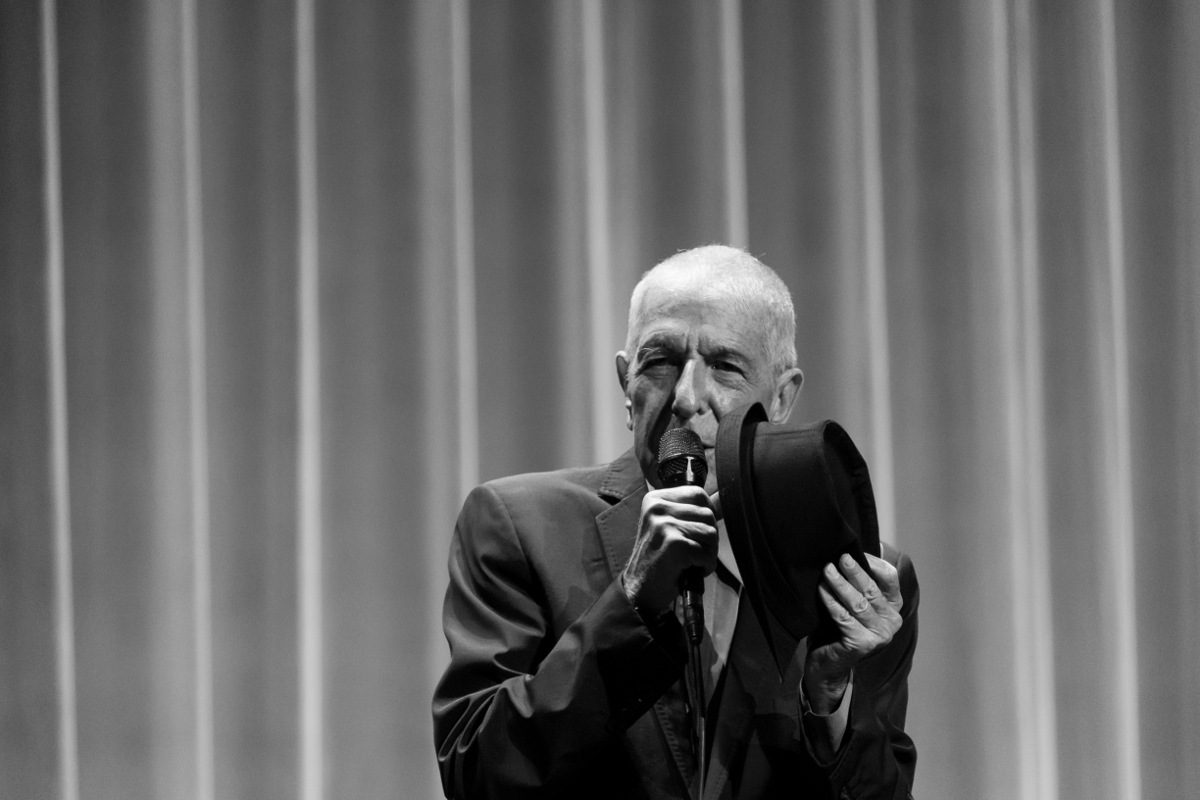
My wife is a genius at scoping out plays, musicals, and presentations early enough to secure the best seats. She got us tickets to Hamilton before it opened on Broadway. She finds the must-see plays to see in New York when we visit 3-4 times per year. And recently, she got us tickets to Anne Lamott’s book tour in San Diego discussing her new book, Almost Everything.
I had read some of Lamott’s books, but I had never seen her in person. I was blown away by her authenticity, humor, spirituality, and self-effacing stories. Her presentation was a stream of consciousness that revealed her warts and wonders in a way that would make stand-up comedians envy her clever improvisation and stunning command of the audience. She wandered among the audience with grace and style before her presentation with a complete lack of arrogance or distance.

I immediately went home and ordered her new book which she was compelled to write after the 11/9, 2016 election. She said the results were so devastating she had to find a way to keep the light alive during these dark times. Here’s a paragraph from her Prelude:
There is so much going on that flattens us, that is huge, scary, or simply appalling. We are doomed, stunned, exhausted, and over-caffeinated. And yet, outside my window, yellow roses bloom and little kids horse around, making a joyous racket. In general, it doesn’t feel like the light is making a lot of progress. At the same time, the truth is that we are beloved, even in our current condition.
Lamott acknowledges that despair and uncertainty surround us in the news, in our families, and in our communities.
But she counters that bleakness with the belief that the seeds of rejuvenation are often planted when we feel the most doomed.
She suggests that when we arrive at a place in life that is miserable, we have to believe it will change and that we must pledge not to give up, but to do what Wendell Berry wrote:
“Be joyful, though you have considered all the facts.”
In this profound and funny book, Lamott calls for each of us to rediscover the nuggets of hope and wisdom that are buried within us that can make life sweeter than we ever imagined, i.e. to keep the flame alive.
And then, true to form, my wife sent me a review of a new book on Nietzsche, I Am Dynamite!. Her gifts of thoughtfulness never end.
She is not a particular fan of Nietzsche, but she has suffered through enough of my indulgences and attempts to make sense of his esoteric prose to know that I would be interested. I ordered it the next day and have been tearing through it with delight and awe.
Nietzsche, of course, is one of the most enigmatic figures in philosophy. Much has been written about his concepts of the will to power, slave morality, and the human condition. There is a wide range of opinions about Nietzsche and there are many false beliefs about his association with nihilism and fascism.
This book shatters many of the myths surrounding him and reveals a tortured soul who dedicated his life to articulating his views of truth.
Sue Prideaux introduces readers in fresh and compelling ways to the world of a brilliant, eccentric, and deeply troubled man who spent his entire life keeping the light alive. She summarizes portraits of the most influential people in his life like Wagner, and his sister Elizabeth, a rabid German nationalist and anti-Semite who manipulated text and turned the Nietzsche archives into a form that Nazi ideologues convoluted to advance their own nefarious goals.

I Am Dynamite! is the perfect title for this book because Nietzsche was explosive. He not only wanted to encourage people to blow through the constraints on their own being and becoming, but also to blast through the cultural constrictions inhibiting our freedom and growth.
Nietzsche was a flame-thrower, but the flames he proposed were often too big even for circus performers to swallow—much less us ordinary, habituated and bounded souls.
What struck me the most about this book, however, was a deeper realization of how Nietzsche persevered in spite of terrible health, devastating relationships, and ultimately, madness. In spite of all of his conditioning, obstacles, and illnesses, he kept the flame alive and produced books that are still confounding and inspiring scholars today.
Nietzsche had Bismarck and Napoleon to deal with. We simply have a depraved and delusional idiot tweeting dark and dishonest messages to the world.
Paradoxically, the darkness we are living through may well indeed spark a million candles to light our way back to sanity.
It seems to me we ought to be able to generate enough light to overcome the current darkness—if, as Anne Lamott admonishes, we never give up.
So, in response to my dark mood, I had been thinking about a post on “The Flame.” Serendipitously, these three giants (Cohen, Lamott, and Nietzsche) re-appeared in my life to help me clarify my perspective on the possibilities for keeping the light alive in dark times.
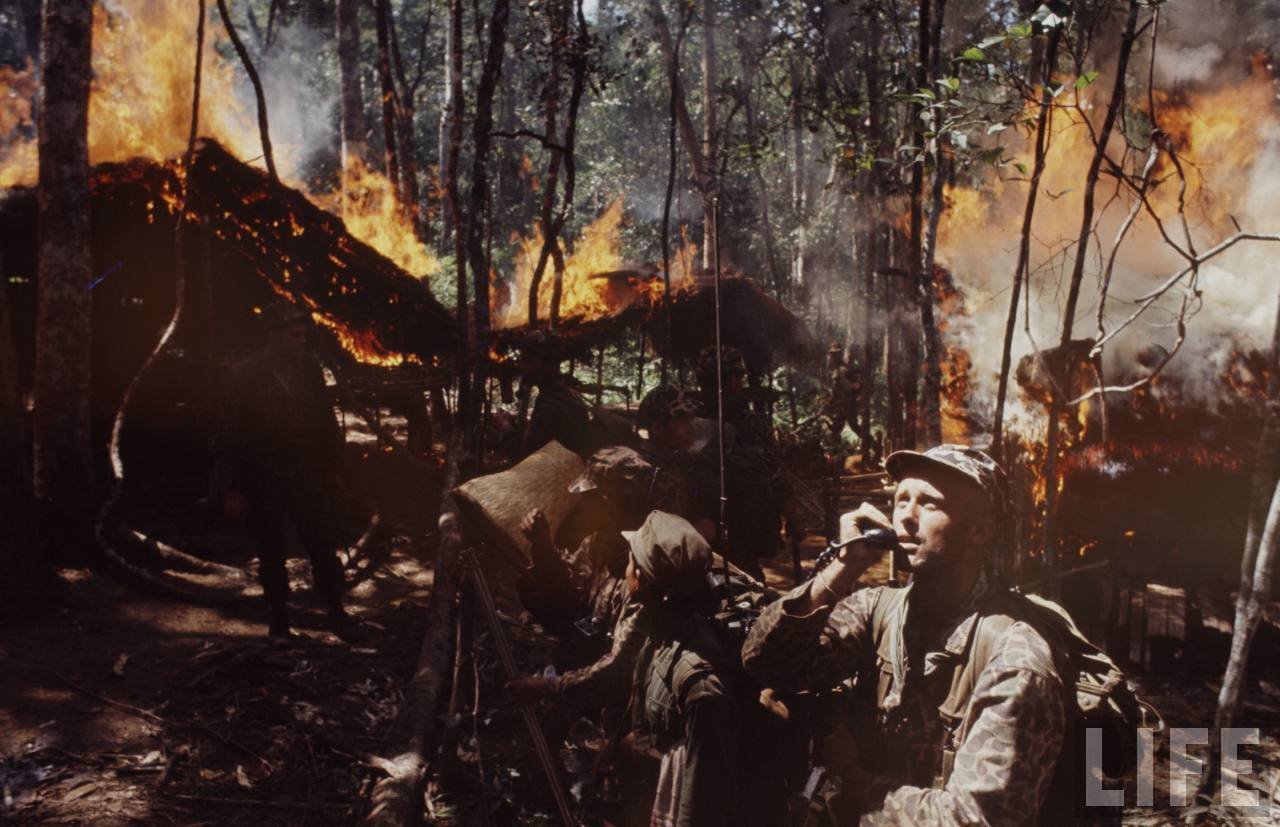
For me, the first encounter I had with darkness was the Vietnam War where I was a first hand witness to state sponsored murder and gross dehumanization.
That experience lit the flame in me to get engaged in anti-war activities and to fight for social justice. It also inspired me to start writing—a discipline that continues to give me a sense of purpose.
In her book on service-based leadership, Spark, Angie Morgan describes multiple situations in organizational life in which leaders light the passion on their teams through their role modeling and selfless support. As a Marine Officer, Angie encountered many dark days. She managed to keep her flame alive throughout her military career and continues to shed light in her client organizations through her leadership development firm.
It seems to me that the biggest challenges in life are to 1) find some spark of passion in ourselves and in the organizations in which we are involved and 2) to breathe gently on those sparks until they become a flame large enough to brighten any darkness.
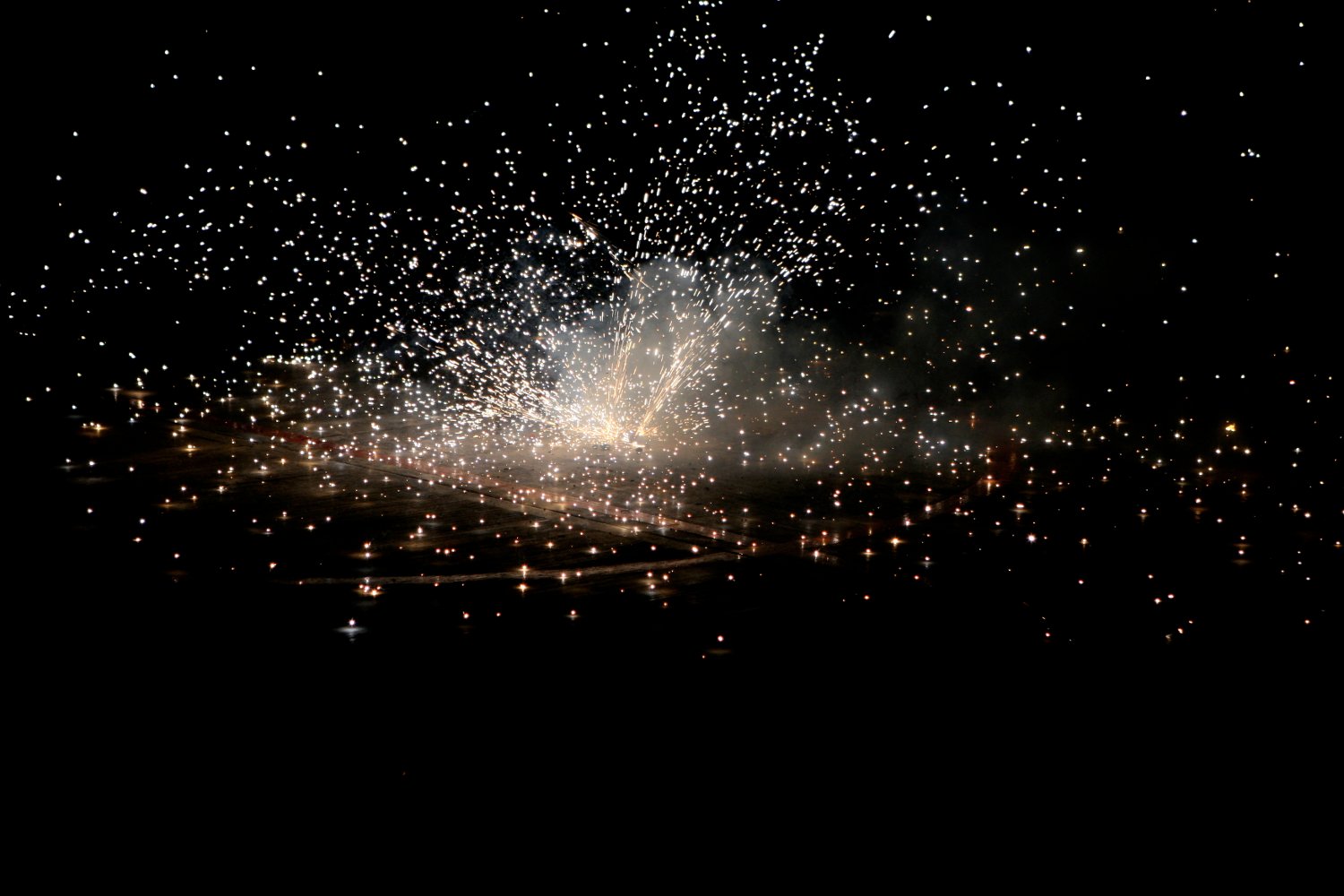
Leonard Cohen did it though his poetry and music. Anne Lamott implores all of us to do it through our love and mercy and by never giving up. Nietzsche did it through incredible discipline and devotion and a large dose of genius. Angie Morgan does it though her personal example. Thus:
- If you want to expand your hope in your life, read Anne Lamott.
- If you want to nurture the flame and passion in your soul, listen to Leonard Cohen.
- If you want to create sparks of change in your organizations, read Angie Morgan.
- If you want throw fuel on the flames of change, take on Nietzsche.
I’m not sure what Leonard Cohen intended in his phrase, “You want it darker, we kill the flame,” but I believe he meant to encourage us to create more light by keeping the flame alive. Thus, if you want to create more light, find and fuel your own flame. May it inspire the lighting of a million candles that not only bring warmth but also penetrate and illuminate the darkness.
Note: For an esoteric view of fire and flame read this Rudolf Steiner lecture.
Also published on Medium.



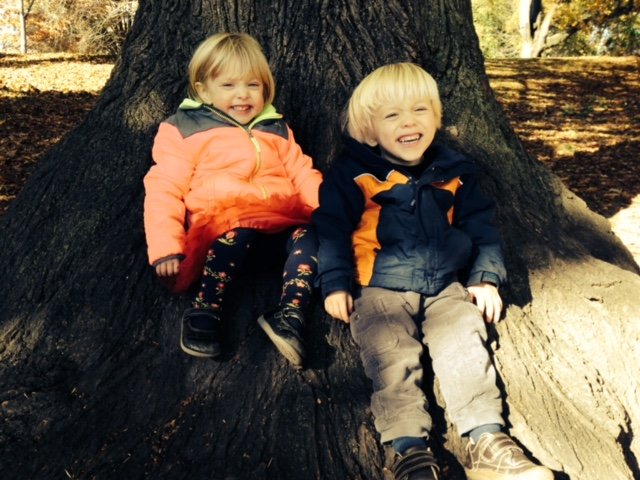
Inspiring message Ricky-thank you! RonnyDonny